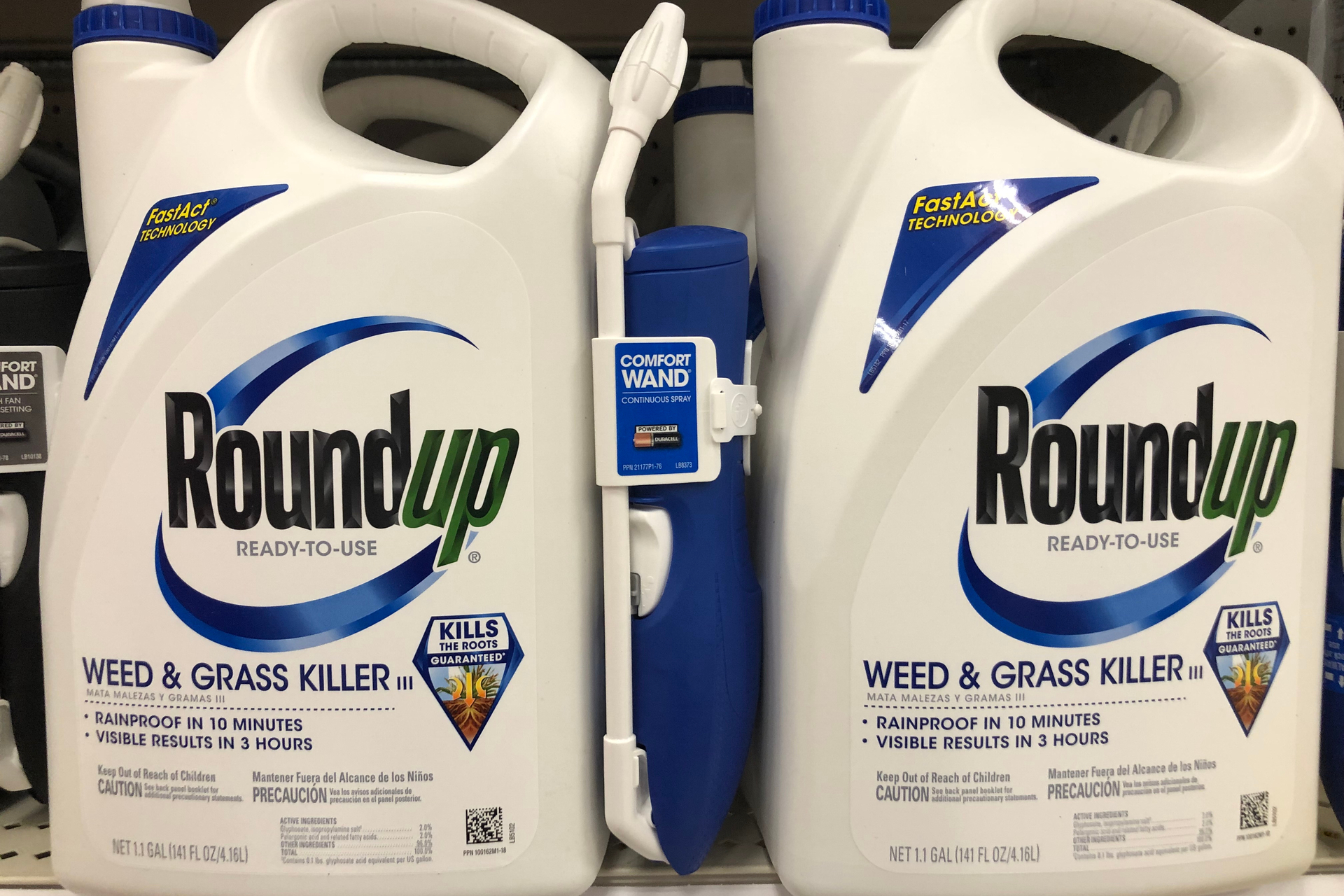Last week Bayer announced it will review the future of Roundup and its other glyphosate-based weedkillers in the U.S. following a federal judge’s rejection of a $2 billion plan to settle future claims alleging the herbicide causes cancer.

The company also stated it will reassess its efforts to settle around 30,000 ongoing claims by Roundup users who allege they have become sick from the product.
Bayer’s class action proposal would would have provided compensation in return for placing limits on possible future lawsuits. U.S. District Judge Vince Chhabria described the plan as “clearly unreasonable.”
Bayer said its new proposal was “designed to help the company achieve a level of risk mitigation that is comparable to the previously proposed national class solution.”
The company has said that decades of studies show Roundup and glyphosate are safe for human use, however thousands of users have alleged it caused their non-Hodgkin lymphoma, a blood cancer. In each case that has gone to trial, juries returned verdicts and tens of millions of dollars in damages for plaintiffs.
Bayer purchased Monsanto in 2018, and as a result of the acquisition they are dealing with two separate sets of legal risks related to Roundup.
The company committed $9.6 billion in June 2020 to settle around 125,000 existing claims and lawsuits by Roundup users. The company has resolved all but 30,000 of those claims.
Bayer said Chhabria’s order “closes the door” on using a class action to settle those future claims.
Instead, it outlined a new proposal.
Bayer said it “will immediately engage with partners to discuss the future of glyphosate-based products in the U.S. residential market,” which has been the primary source of claims that Roundup caused cancer.
The company said it will continue to supply glyphosate products for agricultural users and will also seek approval from the Environmental Protection Agency to include a link on Roundup labels to inform consumers of studies about the product.
The company also said it would continue to pursue appeals of the jury verdicts.
Chhabria claimed the biggest threat to all of the Roundup litigation was a ruling from the U.S. Supreme Court that the cases were barred by the EPA’s finding that Roundup is safe for humans.
The rejected proposal would have halted all litigation linking Roundup to non-Hodgkin lymphoma for four years and would have barred Roundup users from seeking punitive damages once the pause on litigation expired.
In return, users could be eligible for free medical exams and up to $200,000 compensation if they were diagnosed with non-Hodgkin lymphoma.
Read more articles from Haute Lawyer, visit https://hauteliving.com/hautelawyer/


















